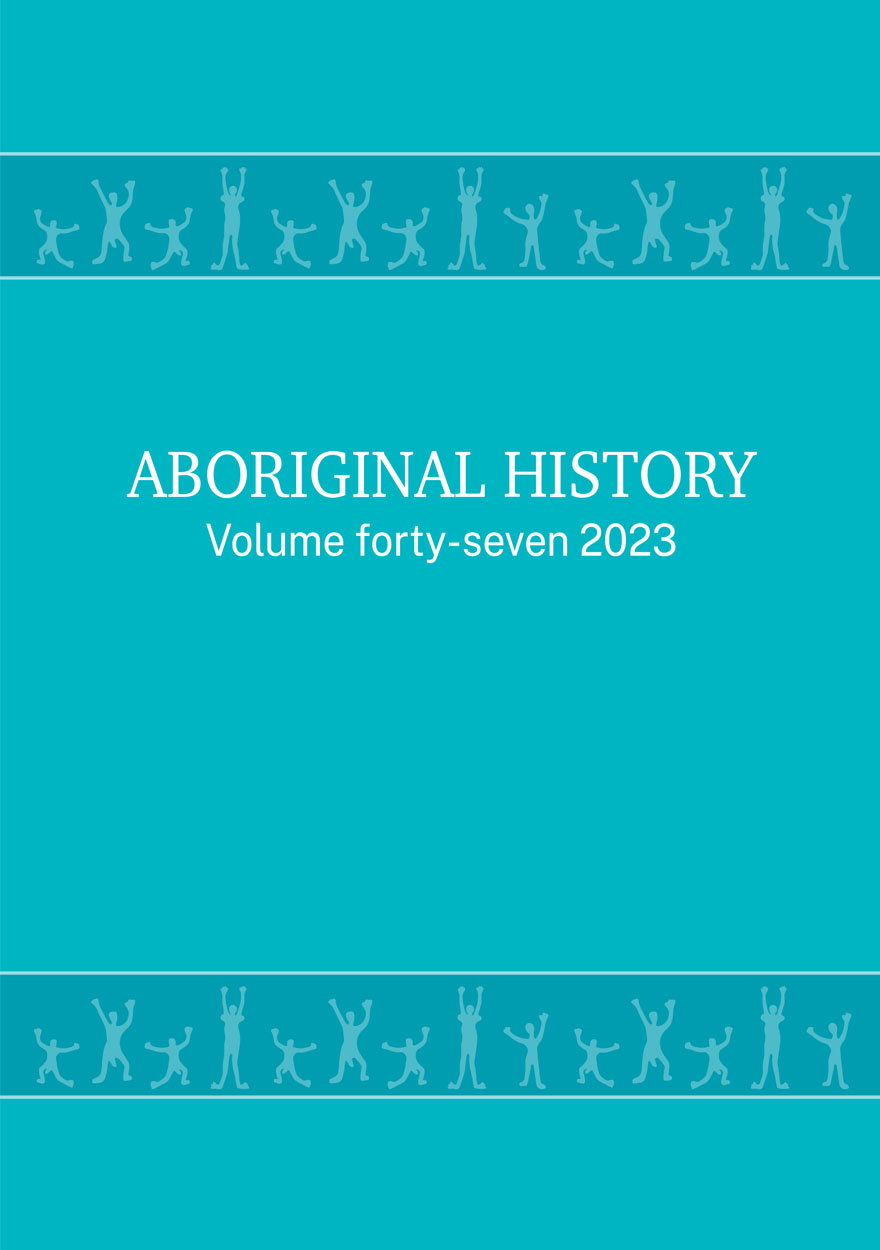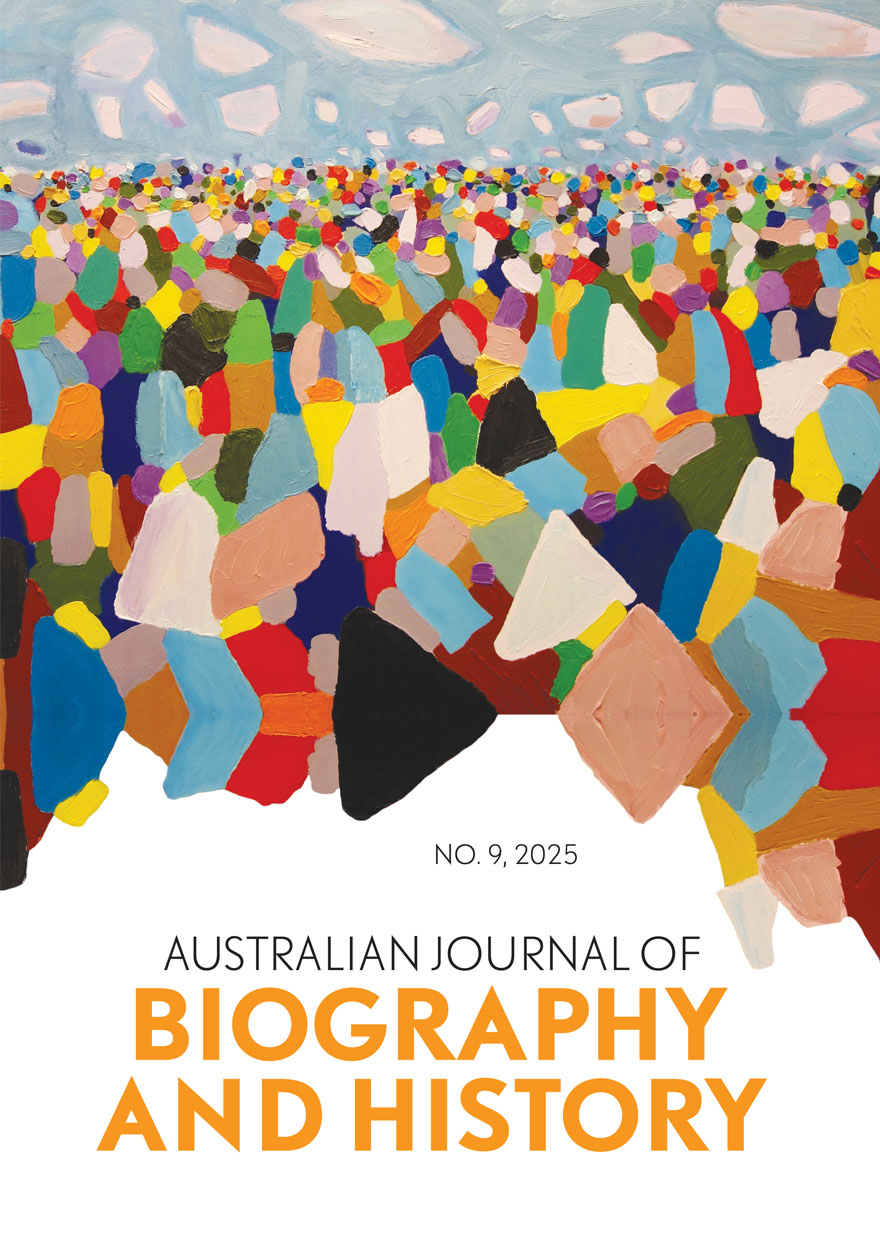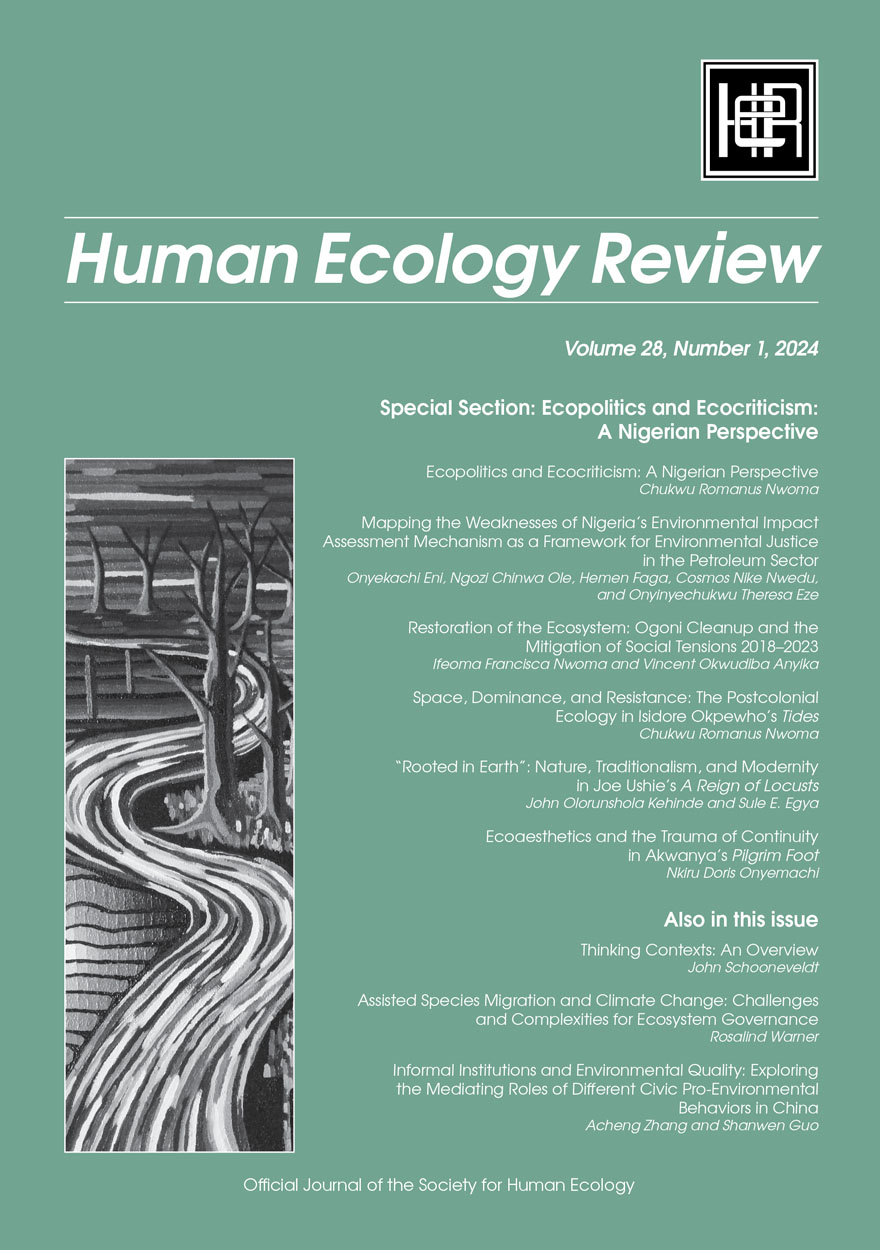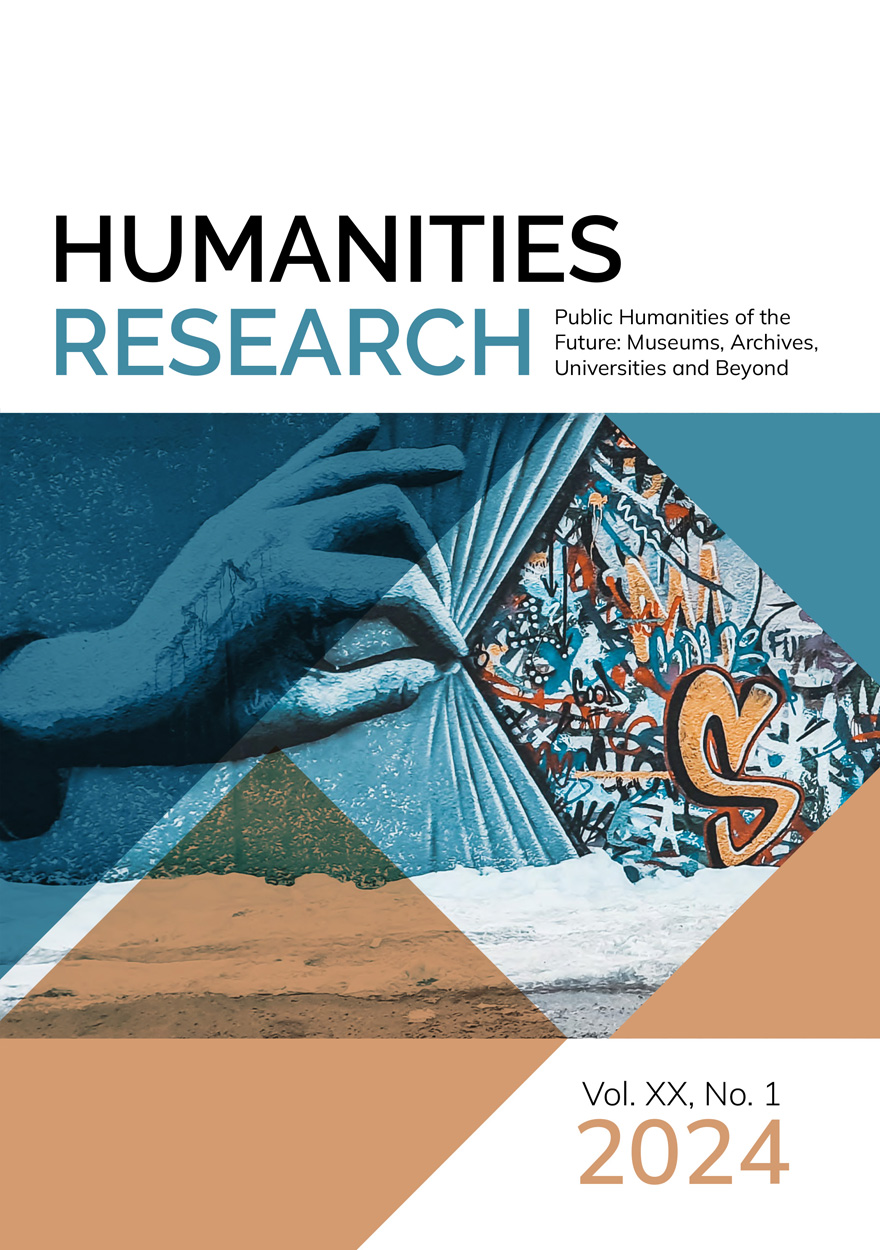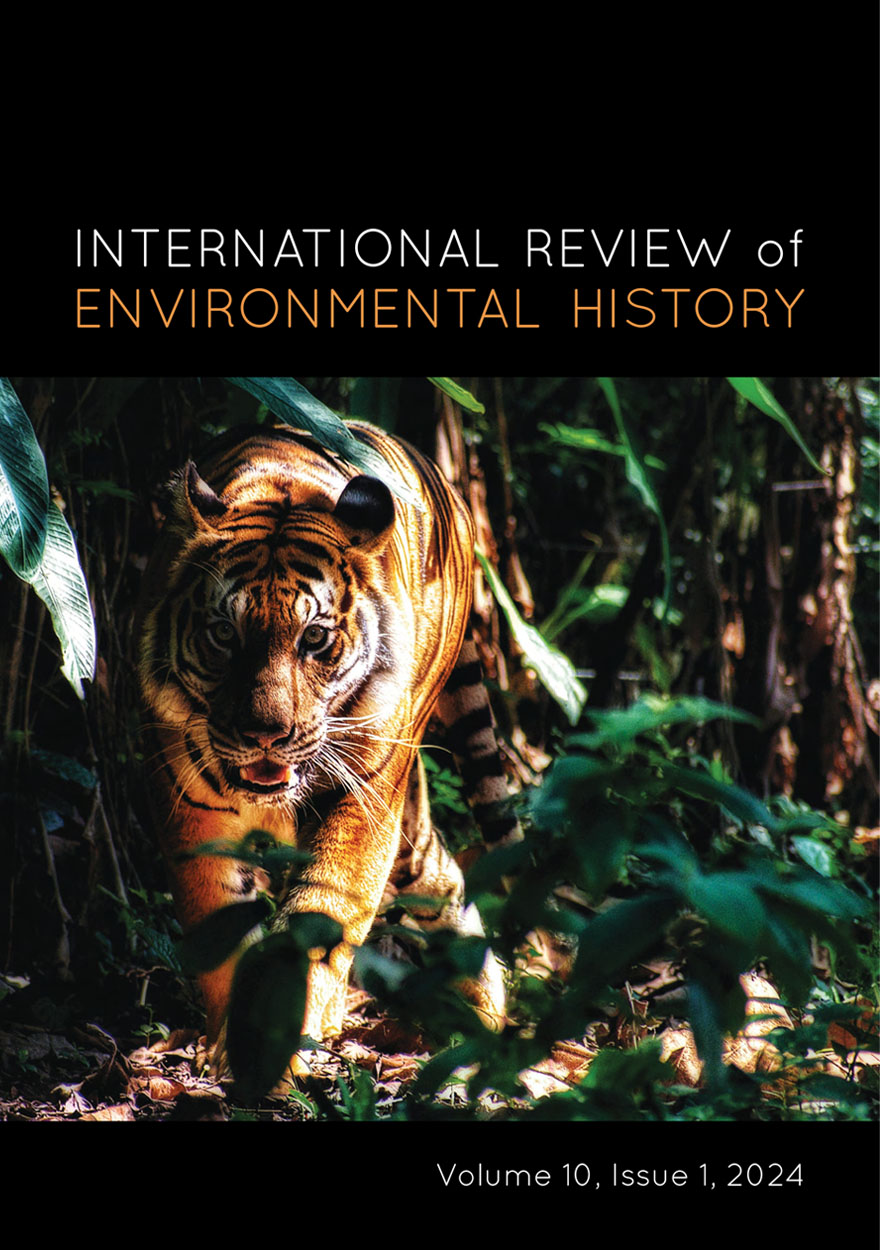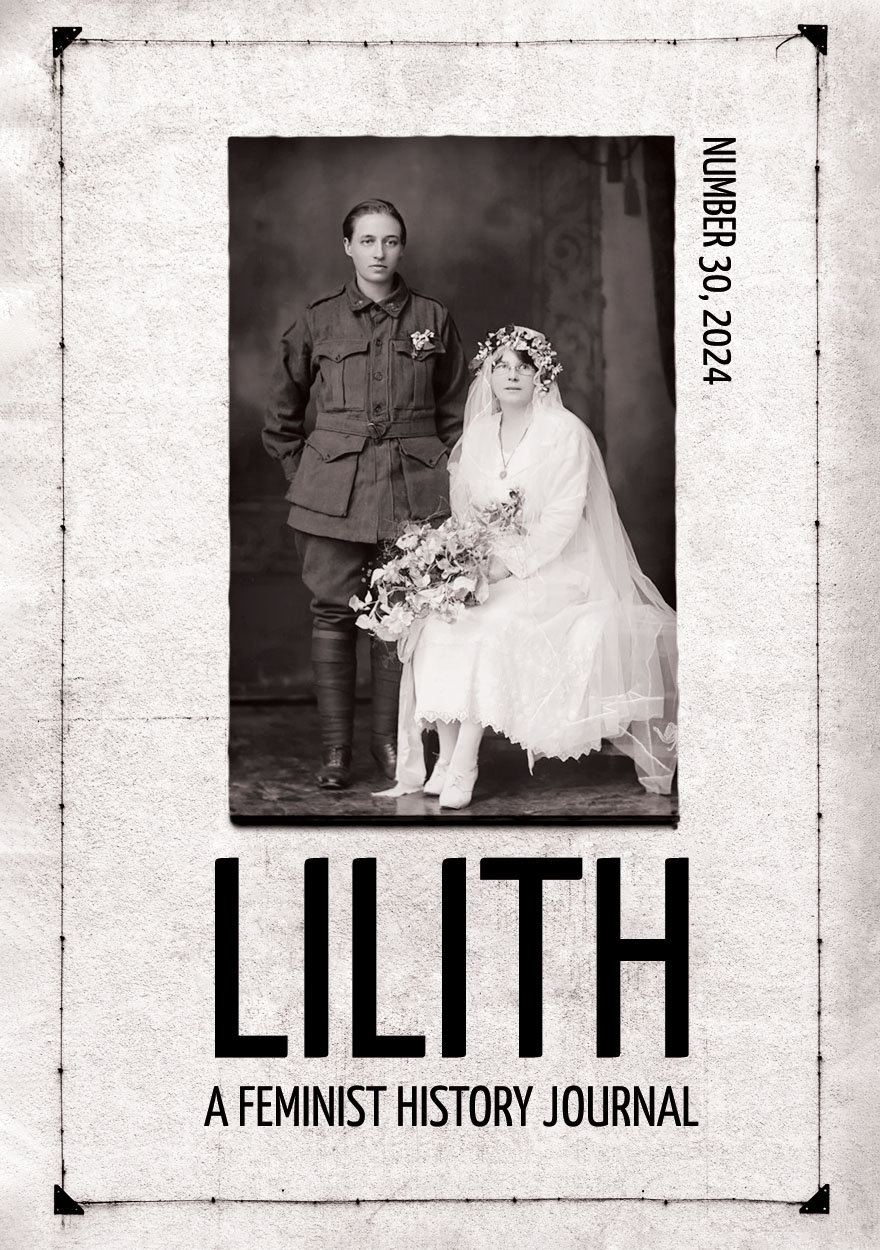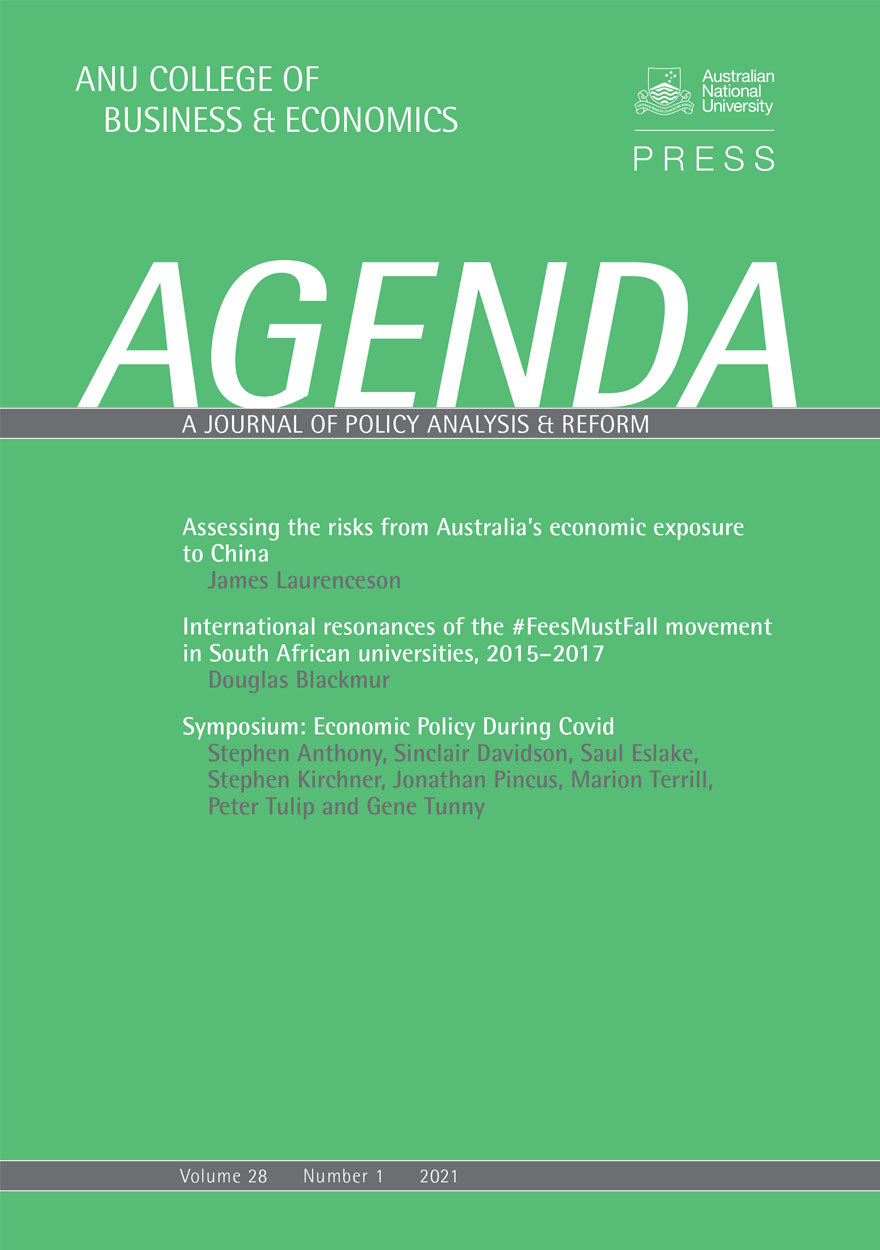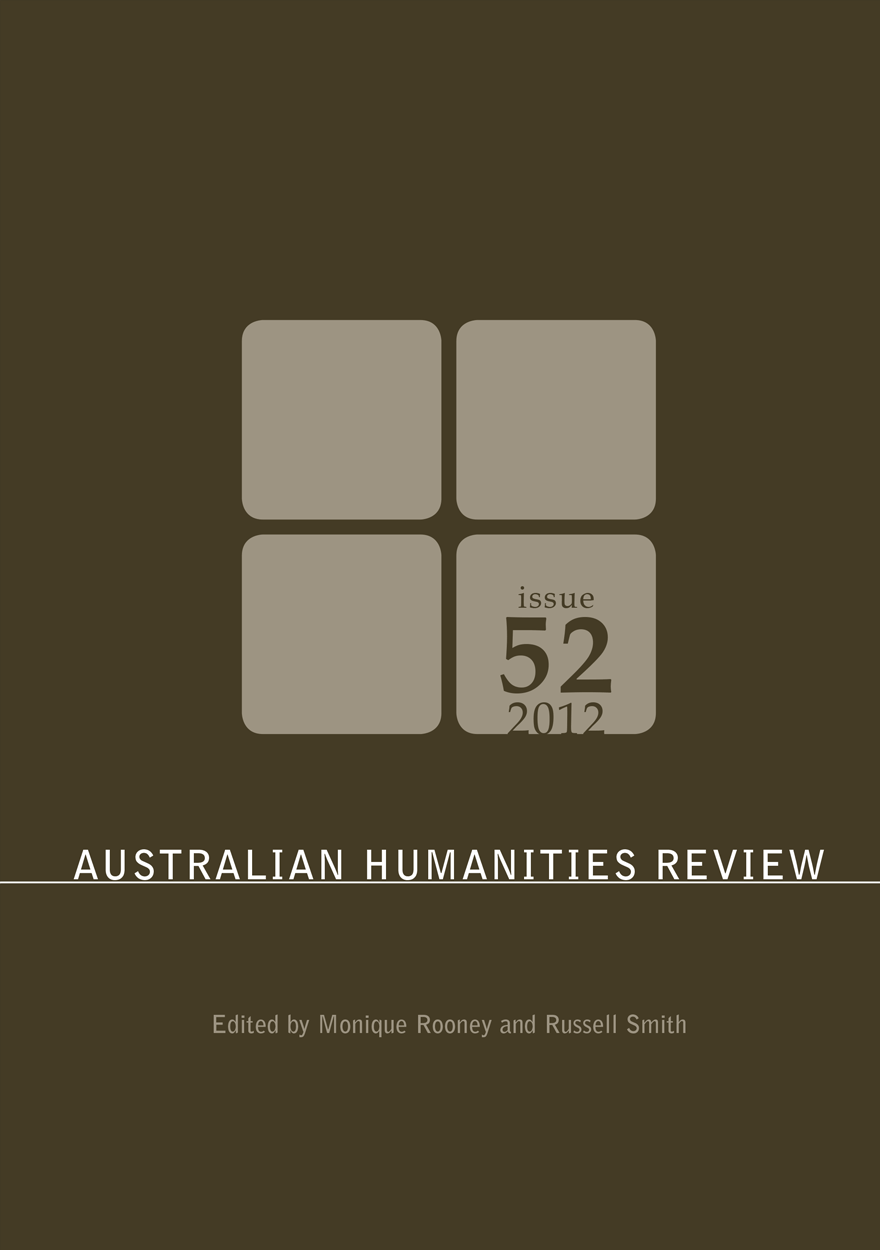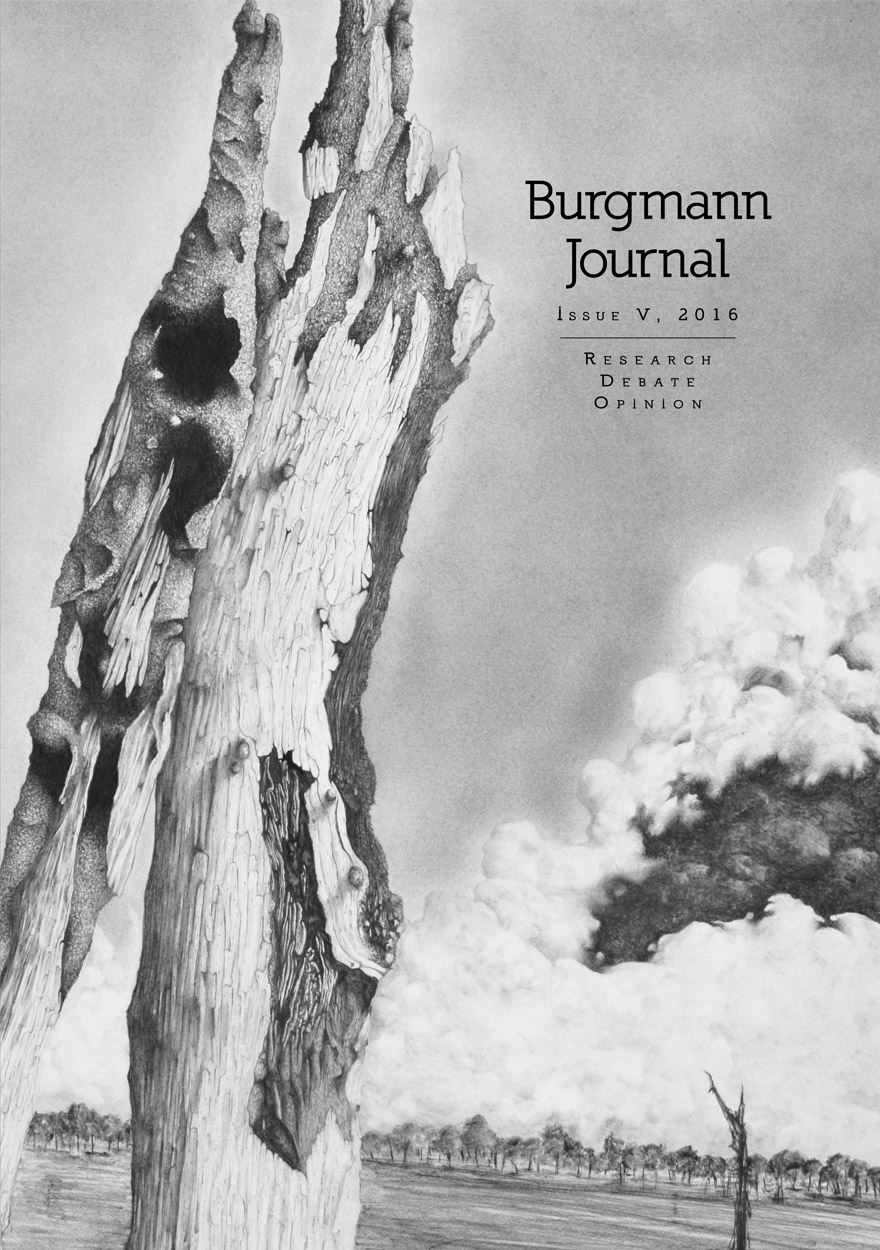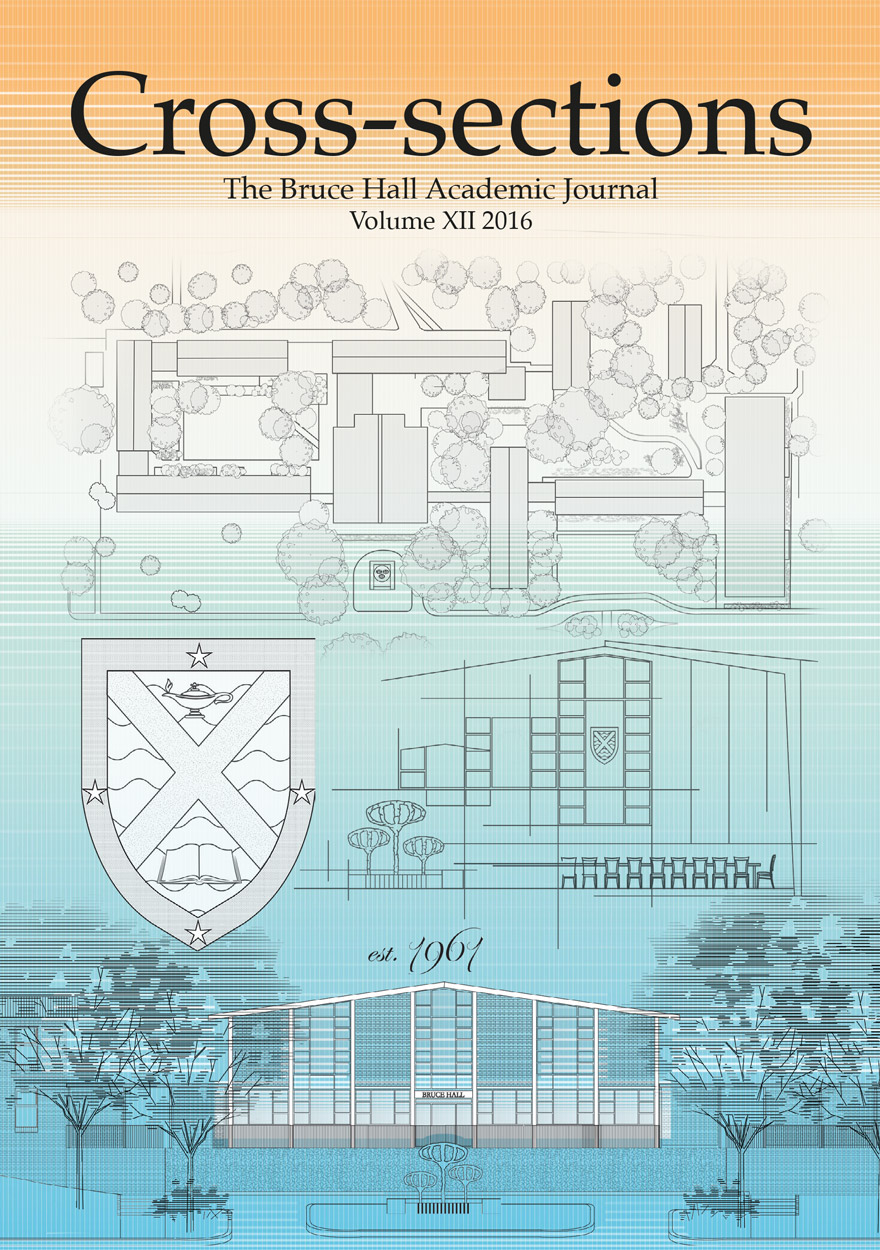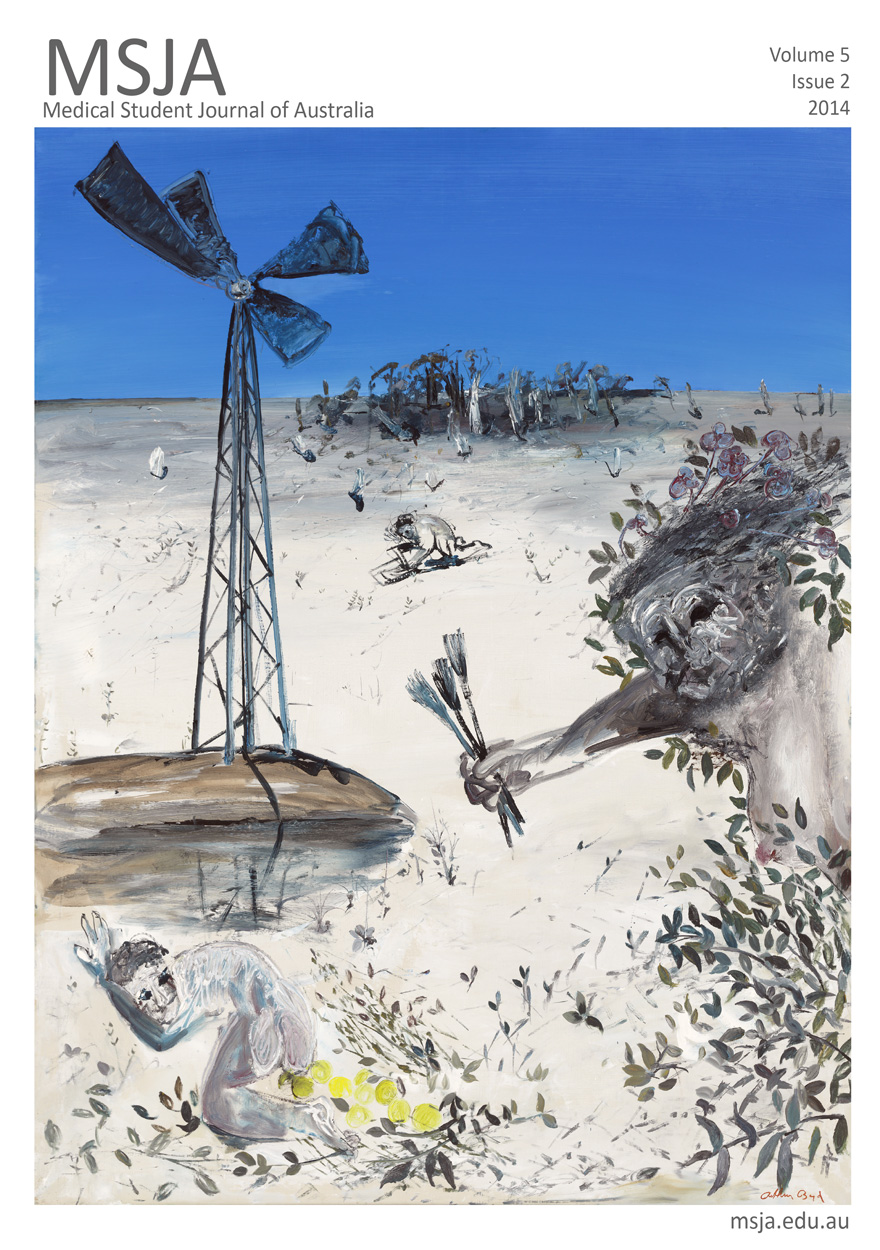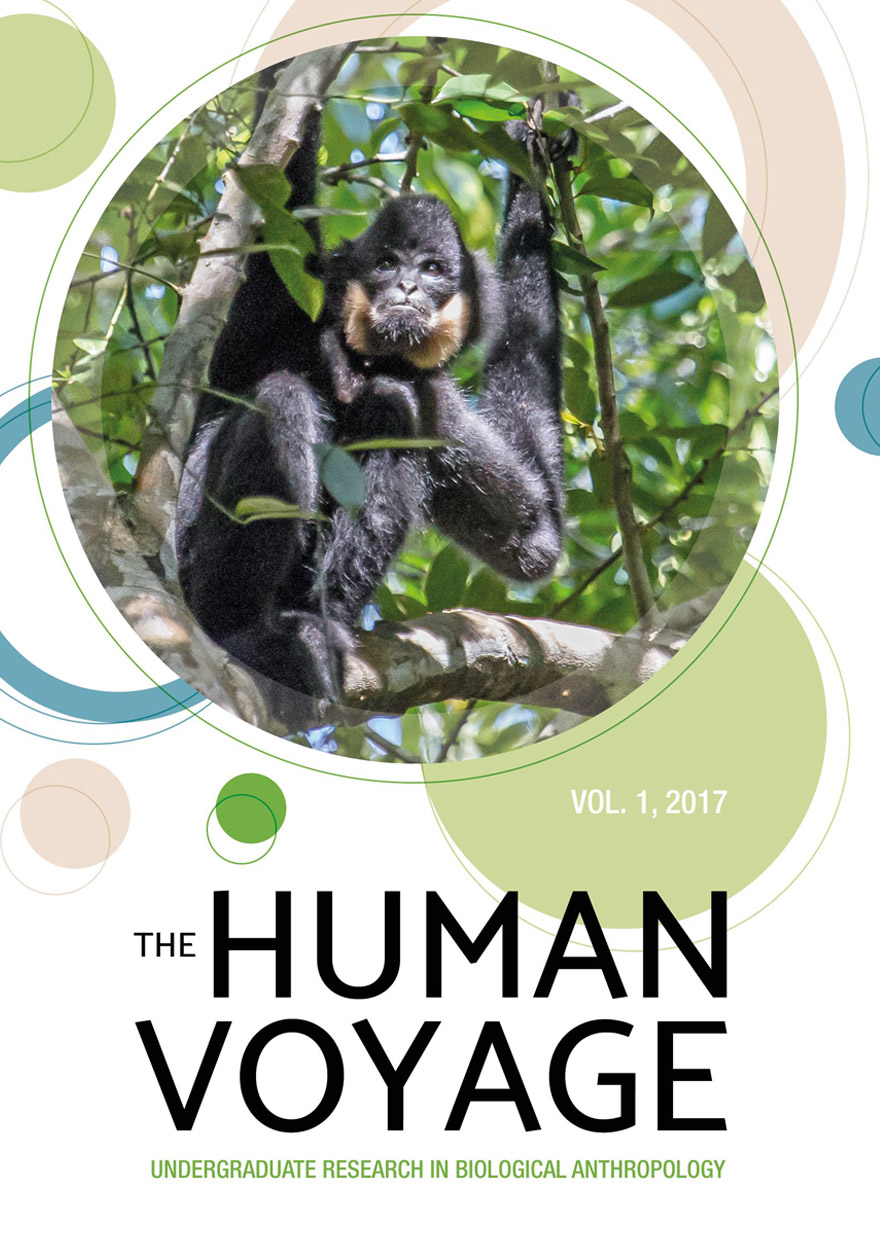Journals
Browse or search a variety of academic journals maintained by ANU Press, or find out more about the journal authors. Download the book for free or buy a print-on-demand copy.
Kirrily Jordan »
Kirrily Jordan is a political economist with a particular interest in all aspects of Aboriginal and Torres Strait Islander employment and economic development. Her research includes analysis of various public and private sector programs designed to improve Indigenous employment outcomes, as well as the interaction of these programs with the social security system and new forms of welfare conditionality. Kirrily began investigating the Community Development Employment Projects scheme in 2009 and is currently undertaking research on its replacement—the Community Development Program—as well as other federally funded schemes including the Vocational Training and Employment Centres and Employment Parity Initiative. She is working alongside Lisa Fowkes and Will Sanders as a lead investigator on the Australian Research Council project ‘Implementing the remote jobs and communities program: How is policy working in Indigenous communities?’
Derek Freeman »
Throughout his life, Derek Freeman was concerned with ideas whose implications he pursued with tireless vigour. He first established his reputation as a noted ethnographer, doing initial fieldwork in the early 1940s on the local polity of Sa’anapu in Western Samoa. After submitting a study of Samoa for a Diploma in Anthropology at the University of London, he went on to do important new field research on the Iban of Sarawak for his doctorate at Cambridge University. In 1954, he was appointed as Senior Fellow in Anthropology at The Australian National University producing a range of studies on the Iban and on social organisational theory. Later appointed as Professor and Head of Department and on his retirement as Emeritus Professor, Freeman remained in the Department of Anthropology throughout his career.
Derek Freeman died in Canberra on 6 July 2001 at the age of 84.
Nigel Davidson »
Nigel Davidson graduated from the University of Tasmania in 2000 with a bachelor degree in law and arts. He was admitted to legal practice in the Australian Capital Territory in 2001, and assisted with the implementation of Australia’s obligations under the Rome Statute of the International Criminal Court while working at the Australian Attorney-General’s Department. In 2003 he commenced working for the Australian Capital Territory Department of Justice and Community Safety, assisting with the implementation of the Human Rights Act 2004 (ACT). In 2007 he moved to the Netherlands, where he provided legal assistance to judges at the International Criminal Tribunal for the Former Yugoslavia. At the end of 2007, in Tanzania, he commenced work as a judge’s associate for the International Criminal Tribunal for Rwanda, returning to Australia in 2010 to complete his studies towards the degree of Doctor of Juridical Science from The Australian National University. He went back to the Rwanda Tribunal in 2011, working with the Prosecution Appeals section. Since April 2016, Nigel has been based in Hobart, where he has been pursuing research interests in international law as a university associate with the University of Tasmania. He has also been practising as a barrister with Michael Kirby Chambers since the end of August.
John Besemeres »
John Besemeres taught politics at Monash University, was head of Polish and later Slavonic Studies at Macquarie University, spent five years working as a translator in Belgrade and Warsaw, and served for some 30 years in several Australian Government portfolios including Prime Minister and Cabinet, Immigration and Ethnic Affairs, and Foreign Affairs and Trade. The author of Socialist Population Politics (M.E. Sharpe, New York, 1980), he has published extensively on Russian and East-Central European affairs.
Shelley Richardson »
Shelley Richardson was born in Canberra and raised in Christchurch. She is a graduate of the University of Canterbury and The Australian National University. She co-authored Anthony Wilding: a sporting life (Canterbury University Press, 2005).
Gloria Davies »
Gloria Davies is a literary scholar and historian of China. She is Professor of Chinese Studies in the School of Languages, Literatures, Cultures and Linguistics at Monash University and an Adjunct Director of the China in the World.
Luigi Tomba »
Luigi Tomba is a political scientist who has published widely on China’s political and social change and the urban condition. His latest book is The Government Next Door. Neighbourhood Politics in Urban China (Cornell University Press, 2014). It was awarded the prestigious Association of Asian Studies Joseph Levenson Prize for the best book on Post-1900 China in 2016. He is an Associate Director of China in the World and was the co-editor of The China Journal from 2005–2015.
Hal Kendig »
Professor Hal Kendig FASSA is a gerontologist and sociologist who serves as the Professor of Ageing and Public Policy at The Australian National University in the Centre for Research on Ageing, Health and Wellbeing in the Research School of Population Health. He is also Chief Investigator with the ARC Centre of Excellence in Population Ageing Research.
Peter McDonald »
Professor Peter McDonald AM FASSA is Professor of Demography at the Melbourne School of Population and Global Health, University of Melbourne and Deputy Director of the ARC Centre of Excellence in Population Ageing Research.
John Piggott »
Professor John Piggott FASSA is Director of the ARC Centre of Excellence in Population Ageing Research at the University of New South Wales, where he is Scientia Professor of Economics.
Anita Pisch »
Dr. Anita Pisch is a PhD graduate in Art History and Curatorship and Visiting Scholar, School of Literature, Languages and Linguistics, at The Australian National University, Canberra. She also holds a Masters degree in Cross-Disciplinary Art and Design from the College of Fine Arts at the University of New South Wales, and a Bachelor of Arts with Combined Honours in Theatre Studies and English Literature with a Major in Modern History. Her other areas of study have included psychology, political economy, political science and publishing, and she also freelances as an academic editor.
Tahu Kukutai »
Tahu Kukutai belongs to the Ngāti Tīpa, Ngāti Maniapoto and Te Aupouri tribes and is Associate Professor of demography at the National Institute of Demographic and Economic Analysis, University of Waikato. Tahu specialises in Māori and indigenous demographic research and has written extensively on issues of Māori and tribal population change, identity, and inequality. She also has an ongoing interest in how governments around the world count and classify populations by ethnic-racial and citizenship criteria. Tahu is a founding member of Te Mana Raraunga: the Māori data sovereignty network, Vice President of the Population Association of New Zealand and Deputy Director of the Ageing Well National Science Challenge. She was a journalist in a former life.
Aletta Biersack »
Aletta Biersack’s Papua New Guinea research has been among the Ipili speakers of the Porgera and Paiela valleys, Enga Province. The research topics upon which she has published include gender; ritual, mythology and cosmology; kinship, marriage and social networks; gold mining in Porgera and at Mt Kare; and the history of Ipili speakers in the twentieth and early twenty-first centuries. She is also the editor of Clio in Oceania, Papuan Borderlands, and Ecologies for Tomorrow, and co-editor of Reimagining Political Ecology and Emergent Masculinities in the Pacific. She is professor of cultural anthropology at the University of Oregon.
Martha Macintyre »
Martha Macintyre is an Honorary Principal Fellow at the University of Melbourne and until 2015 was editor of The Australian Journal of Anthropology. She has undertaken research in Milne Bay and New Ireland Provinces in Papua New Guinea over a 30-year period and has co-edited several volumes on gender, economic and social change in Papua New Guinea. Her most recent volumes are Managing Modernity in the Western Pacific, co-edited with Mary Patterson, and Emergent Masculinities in the Pacific, co-edited with Aletta Biersack.
Elizabeth Ganter »
Elizabeth Ganter, a public servant and academic, lived and worked in the Northern Territory for over 25 years. She wrote Reluctant Representatives: Blackfella bureaucrats speak in Australia’s north as a CAEPR Centre Associate in Canberra. Elizabeth is dedicated to improving public administration in Australian Indigenous affairs through better relationships between government and Aboriginal and Torres Strait Islander people.
Rebecca Giblin »
Dr Rebecca Giblin is a member of Monash University's Law Faculty. During 2011 she was the Kernochan Visiting International Intellectual Property Scholar at Columbia Law School in New York, and in 2013 a Senior Visiting Scholar in residence at Berkeley Law School. As well as being co-editor of What if we could reimagine copyright?, Dr Giblin is the author of Code Wars (Edward Elgar, 2011), and numerous other journal articles, book chapters, law reform submissions and pieces in the popular press. She has been invited to address diverse audiences across Australia and in the US, the UK, Europe, Israel, South Africa, Hong Kong and South Korea. She is currently the lead Chief Investigator of a $680,204 ARC Linkage Project studying the legal and social impacts of library elending. Many of her research papers are available for full text download via SSRN. She tweets on tech law, IP & related issues @rgibli.
Kimberlee Weatherall »
Kimberlee Weatherall is a Professor of Law at the University of Sydney Law School specialising in intellectual property law, including copyright as it interacts with digital technologies. She is a member of the Law Council of Australia’s IP Subcommittee and the Board of the Australian Digital Alliance, and a former member of the Board of the Arts Law Centre of Australia, the Commonwealth of Australia’s Advisory Council on Intellectual Property and the consultative committee associated with the Australian Law Reform Commission’s Inquiry into Copyright and the Digital Economy.
David Lee »
David Lee is Director of the Historical Publications and Research Unit of the Department of Foreign Affairs and Trade and General Editor of the Documents on Australian Foreign Policy series. He is co-author with Russell Parkin of Great White Fleet to Coral Sea: Naval Strategy and the Development of Australia-United States Relations, 1900–1945 (2008) and author of Stanley Melbourne Bruce: Australian Internationalist (2010) and The Second Rush: Mining and the Transformation of Australia (2016).
Carl Bridge »
Carl Bridge FRHS is Professor of Australian Studies, King’s College London. He taught in the History departments at Flinders and the University of New England before his appointment to his current position in 1997. He has held visiting fellowships at Churchill College and Clare Hall, Cambridge, the National Library of Australia, and the Australian Prime Ministers Centre, Canberra. His current research falls into four areas: the history of Australian diplomacy and defence; war and society in 20th-century Australia; Australian historiography; and the history of the British world. Among his many publications are as editor of A Delicate Mission: the Wartime Diaries of R.G. Casey 1940–42 (2008) and as co-editor of The High Commissioners: Australia’s Representatives in the United Kingdom 1910–2010 (2010).
Liz Conor »
Liz Conor is an ARC Future Fellow at La Trobe University. She is the author of Skin Deep: Settler Impressions of Aboriginal Women (UWAP, 2016) and The Spectacular Modern Woman: Feminine Visibility in the 1920s (Indiana University Press, 2004). She is the editor of Aboriginal History, a columnist at New Matilda, and has published widely in academic and mainstream press on gender, race and representation.
Igor de Rachewiltz »
Igor de Rachewiltz was one of the world’s great scholars of Mongolian and Chinese history. Working for many years at The Australian National University, he completed this work while a Visiting Fellow at the Australian Centre on China in the World. He published extensively on the political and cultural history of China and Mongolia in the 12th–14th centuries, and on Sino-Mongolian philology.
Li Narangoa »
Li Narangoa is a Professor of Pacific and Asian History in the School of Culture, History and Language at The Australian National University. She specialises in modern Japanese and Mongolian history, culture and politics.
Carol Hayes »
Dr Carol Hayes is a senior lecturer in Japanese language and literature in the College of Asia and the Pacific at The Australian National University. She teaches both Japanese language and courses about Japan in English ranging from literature to culture and film. Her research focuses on modern and contemporary Japanese literature and cultural studies. A winner of an OLT National Teaching Excellence Award in 2013, Carol also has a strong research interest in eLearning and Japanese language teaching pedagogy, focusing on the relationship between flexible online learning to student motivation and second language acquisition.
Yuki Itani-Adams »
Yuki Itani-Adams is a lecturer in Japanese language and a digital learning developer in the College of the Asia and the Pacific at The Australian National University. She also works as the academic manager at CIT Solutions. She has taught a variety of subjects in languages and applied linguistics fields at a number of Australian universities. Her research interests cover such areas as bilingual and second language acquisition with particular reference to Japanese and English, and second language teaching pedagogy. She was awarded the ANU Vice Chancellor’s Award for Teaching Excellence in 2012, and an OLT National Citation for Outstanding Contribution to Student Learning in 2013.
Ceridwen Spark »
Ceridwen Spark is Vice Chancellor’s Senior Research Fellow in the Centre for Global Research in the School of Global, Urban and Social Studies at RMIT University in Melbourne. Ceridwen writes about gender and social change in Papua New Guinea and the Pacific. More recently, she has focused on the relationship between gender and spatiality in the region’s rapidly developing urban centres. Ceridwen has published extensively including in anthropology, feminist studies and sociology journals. She enjoys working with diverse people and methods to produce films, digital stories and exhibitions that reach audiences beyond the academy.
ANU Press Journals
Aboriginal History Journal »
Since 1977, the journal Aboriginal History has pioneered interdisciplinary historical studies of Australian Aboriginal people’s and Torres Strait Islander’s interactions with non-Indigenous peoples. It has promoted publication of Indigenous oral traditions, biographies, languages, archival and bibliographic guides, previously unpublished manuscript accounts, critiques of current events, and research and reviews in the fields of anthropology, archaeology, sociology, linguistics, demography, law, geography and cultural, political and economic history.
Aboriginal History Inc. is a publishing organisation based in the Australian Centre for Indigenous History, Research School of Social Sciences, The Australian National University, Canberra.
For more information on Aboriginal History Inc. please visit aboriginalhistory.org.au.
Submission details
Please send article submissions to aboriginal.history@anu.edu.au.
Articles of about 7,000 words in length (including footnotes and references) are preferred, but submissions up to 9,000 words will be considered. Please submit an electronic version of the paper (text only without embedded images or scans) in Microsoft Word or RTF format, along with a short abstract and author biography as a separate document.
ANU Historical Journal II »
The ANU Historical Journal II (ANUHJ II) is an open-access, peer-reviewed academic history journal of the ANU College of Arts and Social Sciences and the ANU College of Asia and the Pacific. It is a revival of the ANU Historical Journal, which was published between 1964 and 1987. Contributors to the first journal included academics such as Ken Inglis, Manning Clark, John Ritchie and Oliver MacDonagh along with then-emerging scholars Iain McCalman, Michael McKernan, Margaret George, Coral Bell, John Iremonger, Alastair Davidson, Susan Magarey and Rosemary Auchmuty. As well as upholding the Journal’s commitment to the work of students and early career researchers, the ANUHJ II has expanded its focus to include memoirs, short articles and long-form book reviews.
The ANUHJ II invites submissions from students, graduates and academics of any Australian university.
For more information about the ANUHJ II, please visit anuhj.com.au
Australian Journal of Biography and History »
The Australian Journal of Biography and History is an initiative of the National Centre of Biography (NCB) in the Research School of Social Sciences at The Australian National University. The NCB was established in 2008 to extend the work of the Australian Dictionary of Biography and to serve as a focus for the study of life writing in Australia, supporting innovative research and writing to the highest standards in the field, nationally and internationally. The Australian Journal of Biography and History seeks to promote the study of biography in Australia. Articles that appear in the journal are lively, engaging and provocative, and are intended to appeal to the current popular and scholarly interest in biography, memoir and autobiography. They recount interesting and telling life stories and engage critically with issues and problems in historiography and life writing.
The journal publishes peer-reviewed articles on Australian historical biography, including biographical studies, studies relating to theory and methodology, and the associated genres of autobiography, life writing, memoir, collective biography and prosopography. We are especially interested in articles that explore the way in which biography and its associated genres can illuminate themes in Australian history, including women in Australian society, family history, transnational networks and mobilities, and Indigenous history.
Submission Details
Please send article submissions or abstracts to the Editor, Dr Malcolm Allbrook, National Centre of Biography, The Australian National University. Email: Malcolm.Allbrook@anu.edu.au. Articles should be in the range of 5,000 to 8,000 words (excluding footnotes), although longer submissions may be considered after consultation with the Editor. Style and referencing: please use footnotes in Chicago style, and follow British spelling.
East Asia Forum Quarterly »
East Asia Forum Quarterly grew out of East Asia Forum (EAF) online, which has developed a reputation for providing a platform for the best in Asian analysis, research and policy comment on the Asia Pacific region in world affairs. EAFQ aims to provide a further window onto research in the leading research institutes in Asia and to provide expert comment on current developments within the region. The East Asia Forum Quarterly, like East Asia Forum online, is an initiative of the East Asia Forum (EAF) and its host organisation, the East Asian Bureau of Economic Research (EABER) in the Crawford School of Public Policy in the ANU College of Asia & the Pacific at The Australian National University.
Submission details
Unsolicited submissions to EAF are welcome. An analytic op-ed piece that is accessible to a general audience and written in crisp language is required. The preferred length of submissions is around 800 words. Submissions will be double-blind reviewed and, if accepted for publication, edited for English fluency and house style before returned for clearance by the author. EAFQ does not use footnotes but would be extremely appreciative if hyperlinks to internet sources are included wherever possible. EAFQ reserves the right to determine the title for any piece, but will not publish a piece or a title without permission. A suggested title is appreciated. If you have any further queries, or would like to submit, please contact shiro.armstrong@anu.edu.au.
Human Ecology Review »
Human Ecology Review is a semi-annual journal that publishes peer-reviewed interdisciplinary research on all aspects of human–environment interactions (Research in Human Ecology). The journal also publishes essays, discussion papers, dialogue, and commentary on special topics relevant to human ecology (Human Ecology Forum), book reviews (Contemporary Human Ecology), and letters, announcements, and other items of interest (Human Ecology Bulletin). Human Ecology Review also publishes an occasional paper series in the Philosophy of Human Ecology and Social–Environmental Sustainability.
Submission details
For information on preparing your manuscript for submission, please visit www.humanecologyreview.org. To submit a manuscript to Human Ecology Review, please visit mstracker.com/submit1.php?jc=her, or email humanecologyreviewjournal@gmail.com.
Humanities Research »
Humanities Research is a peer-reviewed, open access, annual journal that promotes outstanding innovative, interdisciplinary and multidisciplinary scholarship to advance critical knowledge about the human world and society.
The journal is co-published by the Humanities Research Centre, The Australian National University, Canberra. It was launched in 1997 and went into hiatus in 2013. In 2022, the journal is resuming publication, reflecting the continuing strength of the humanities at The Australian National University, the rapid development of the interdisciplinary, environmental and public humanities over the last decade, and the opportunities for international collaboration reflected in the resumption of international travel in 2022.
Issues are thematic with guest editors and address important and timely topics across all branches of the humanities.
International Review of Environmental History »
International Review of Environmental History takes an interdisciplinary and global approach to environmental history. It encourages scholars to think big and to tackle the challenges of writing environmental histories across different methodologies, nations, and time-scales. The journal embraces interdisciplinary, comparative and transnational methods, while still recognising the importance of locality in understanding these global processes.
The journal’s goal is to be read across disciplines, not just within history. It publishes on all thematic and geographic topics of environmental history, but especially encourage articles with perspectives focused on or developed from the southern hemisphere and the ‘global south’.
Submission details
Please send article submissions or abstracts to the Editor, Associate Professor James Beattie, Science in Society, Victoria University of Wellington, PO Box 600, Wellington 6142, New Zealand. Email: james.beattie@vuw.ac.nz.
Abstracts should be no more than 200 words, and include a list of keywords. Articles should be in the range 5,000 to 8,000 words (including footnotes), although longer submissions may be considered after consultation with the editor. Style and referencing: please use footnotes in Chicago Style, follow British spelling, and use single quotation marks only. Find out more details about Chicago Style.
Lilith: A Feminist History Journal »
Lilith: A Feminist History Journal is an annual journal that publishes articles, essays and reviews in all areas of feminist and gender history (not limited to any particular region or time period). In addition to publishing research articles on diverse aspects of gender history, Lilith is also interested in publishing feminist historiographical and methodological essays (which may be shorter in length than typical research articles). Submissions from Australian and international early career researchers and postgraduate students are particularly encouraged.
The journal first began publication in Melbourne in 1984. It is the official journal of the Australian Women’s History Network, an organisation dedicated to promoting research and writing in all fields of women’s, feminist and gender history.
For more information about Lilith, please visit www.auswhn.org.au/lilith/.
Made in China Journal »
The Made in China Journal (MIC) is a publication focusing on labour, civil society and human rights in China. It is founded on the belief that spreading awareness of the complexities and nuances underpinning socioeconomic change in contemporary Chinese society is important, especially considering how in today’s globalised world Chinese labour issues have reverberations that go well beyond national borders. MIC rests on two pillars: the conviction that today, more than ever, it is necessary to bridge the gap between the scholarly community and the general public, and the related belief that open-access publishing is necessary to ethically reappropriate academic research from commercial publishers who restrict the free circulation of ideas.
Discontinued ANU Press Journals
Agenda - A Journal of Policy Analysis and Reform »
Please note: This journal ceased publishing in 2021.
Agenda is a refereed, ECONLIT-indexed and RePEc-listed journal of the College of Business and Economics, The Australian National University. Launched in 1994, Agenda provides a forum for debate on public policy, mainly (but not exclusively) in Australia and New Zealand. It deals largely with economic issues but gives space to social and legal policy and also to the moral and philosophical foundations and implications of policy.
Submission details
Authors are invited to submit articles, notes or book reviews, but are encouraged to discuss their ideas with the Editor beforehand. All manuscripts are subject to a refereeing process. Manuscripts and editorial correspondence should be emailed to: william.coleman@anu.edu.au.
Subscribe to the Agenda Alerting service if you wish to be advised on forthcoming or new issues.
Australian Humanities Review »
Please note: This journal ceased publishing with ANU Press in 2012. Current issues are available at australianhumanitiesreview.org.
Australian Humanities Review is a peer-reviewed interdisciplinary journal featuring articles, essays and reviews focusing on a wide array of topics related to literature, culture, history and politics.
craft + design enquiry »
Please note: This journal ceased publishing in 2015.
craft + design enquiry is an open-access, peer-reviewed journal promoting and disseminating research excellence generated by and about the craft and design sector. craft + design enquiry investigates the contribution that contemporary craft and design makes to society, establishing a dialogue between craft and design practice and cultural, social and environmental concerns. It includes submissions from across the field of craft and design from artists and practitioners, curators, historians, art and cultural theorists, educationalists, museum professionals, philosophers, scientists and others with a stake in the future developments of craft and design.
ANU Student Journals
ANU Undergraduate Research Journal »
Please note: This journal is now published via the ANU Student Journals platform; the latest issues can be found here: studentjournals.anu.edu.au/index.php/aurj
The ANU Undergraduate Research Journal presents outstanding essays taken from ANU undergraduate essay submissions. The breadth and depth of the articles chosen for publication by the editorial team and reviewed by leading ANU academics demonstrates the quality and research potential of the undergraduate talent being nurtured at ANU across a diverse range of fields.
Established in 2008, AURJ was designed to give students a unique opportunity to publish their undergraduate work; it is a peer-reviewed journal managed by a team of postgraduate student editors, with guidance from the staff of the Office of the Dean of Students.
Burgmann Journal - Research Debate Opinion »
Please note: This journal is now published via the ANU Student Journals platform; the latest issues can be found here: studentjournals.anu.edu.au/index.php/burgmann
Burgmann Journal is an interdisciplinary, peer-reviewed publication of collected works of research, debate and opinion from residents and alumni of Burgmann College designed to engage and stimulate the wider community.
Cross-sections, The Bruce Hall Academic Journal »
Please note: This journal is now published via the ANU Student Journals platform; the latest issues can be found here: studentjournals.anu.edu.au/index.php/cs
Representing the combined energies of a large group of authors, editors, artists and researchers associated with Bruce Hall at the ANU, Cross-sections collects a range of works (from academic articles and essays to photography, digital art and installation artwork) that represents the disciplinary breadth and artistic vitality of the ANU.
Presenting a challenging and absorbing way for students to hone vital research skills, in the process, Cross-sections nurtures a fruitful environment of collaborative interaction between academics and students.
Medical Student Journal of Australia »
Please note: This journal ceased publishing in 2015.
The Medical Student Journal of Australia provides the medical school of The Australian National University with a platform for medical students to publish their work in a peer-reviewed journal, communicating the results of medical and health research information clearly, accurately and with appropriate discussion of any limitations or potential bias.
Merici - Ursula Hall Academic Journal »
Please note: This journal is currently not publishing any new issues.
Merici is the combined works of undergraduate authors at Ursula Hall. Merici contains research and analysis from a range of disciplines and is thoroughly reviewed by ANU academics to ensure the showcasing of the best Ursula Hall has to offer.
The Human Voyage: Undergraduate Research in Biological Anthropology »
Please note: This journal is now published via the ANU Student Journals platform; the latest issues can be found here: studentjournals.anu.edu.au/index.php/hv
The Human Voyage: Undergraduate Research in Biological Anthropology is a journal that publishes outstanding student articles in all areas of biological anthropology, including primatology, palaeoanthropology, bioarchaeology and human behavioural ecology.
While the primary goal of this journal is to publish work of the highest quality authored by undergraduate students, it will also educate students in regards to publishing in academia. All submissions will be peer-reviewed and edited by ANU academic staff.




